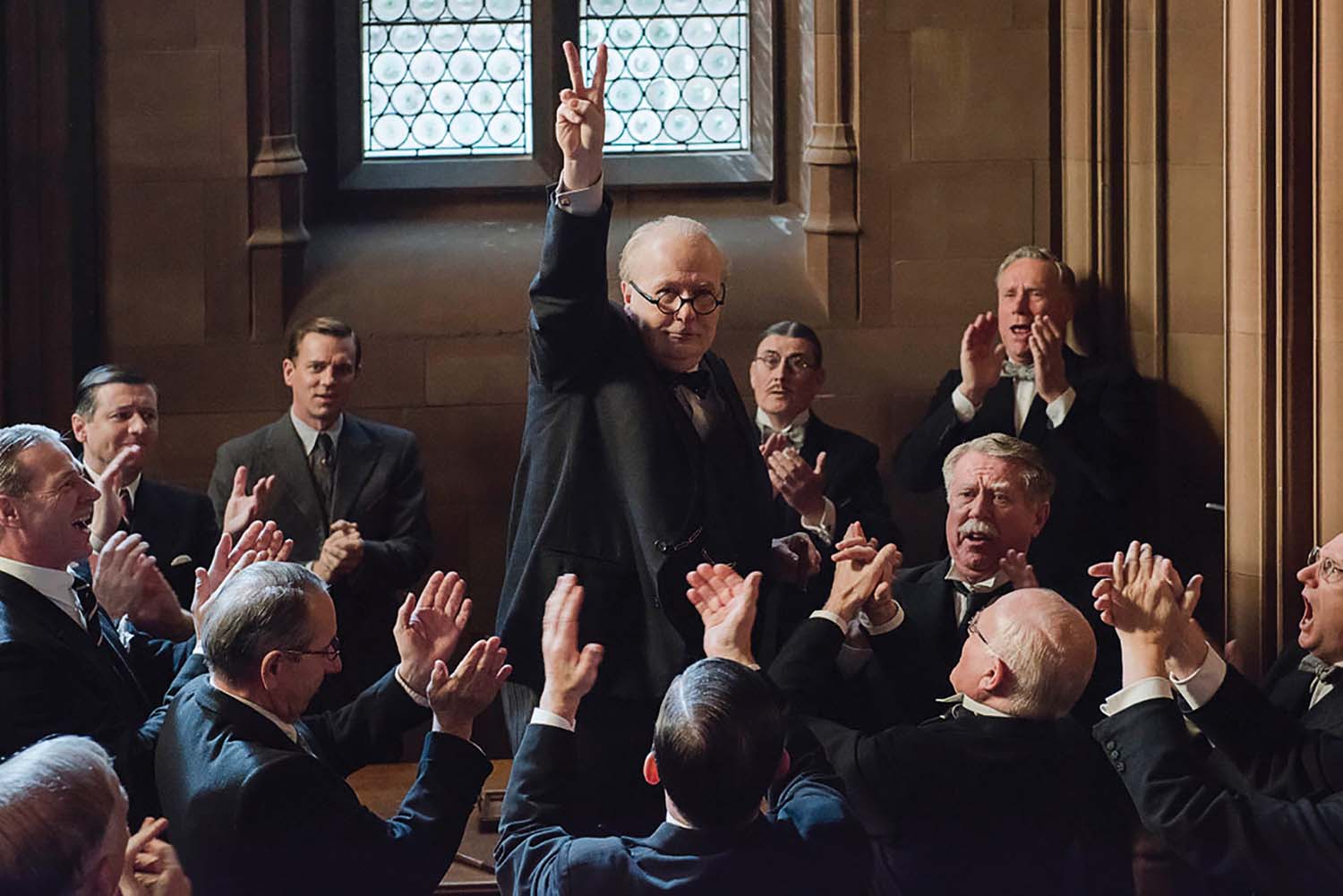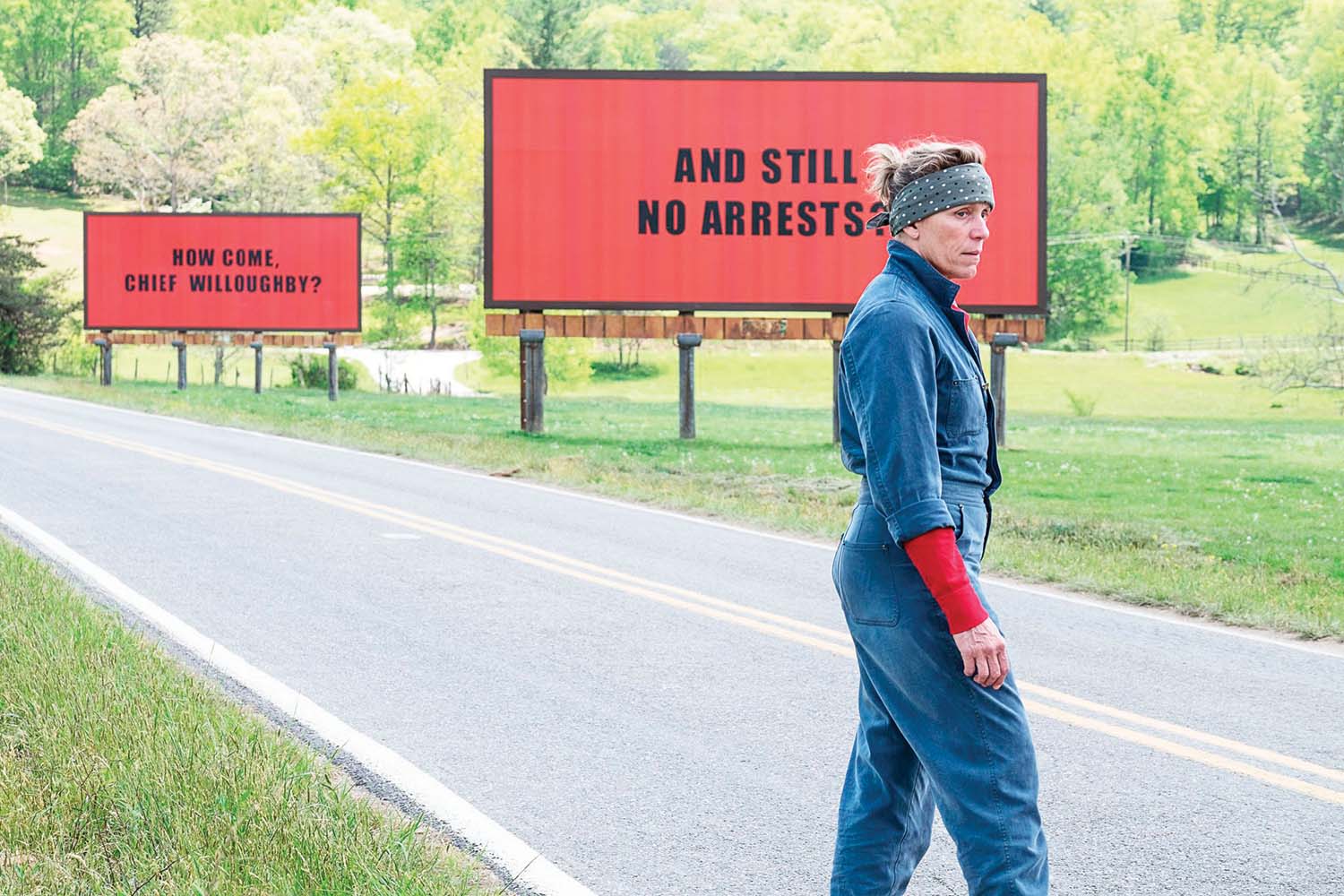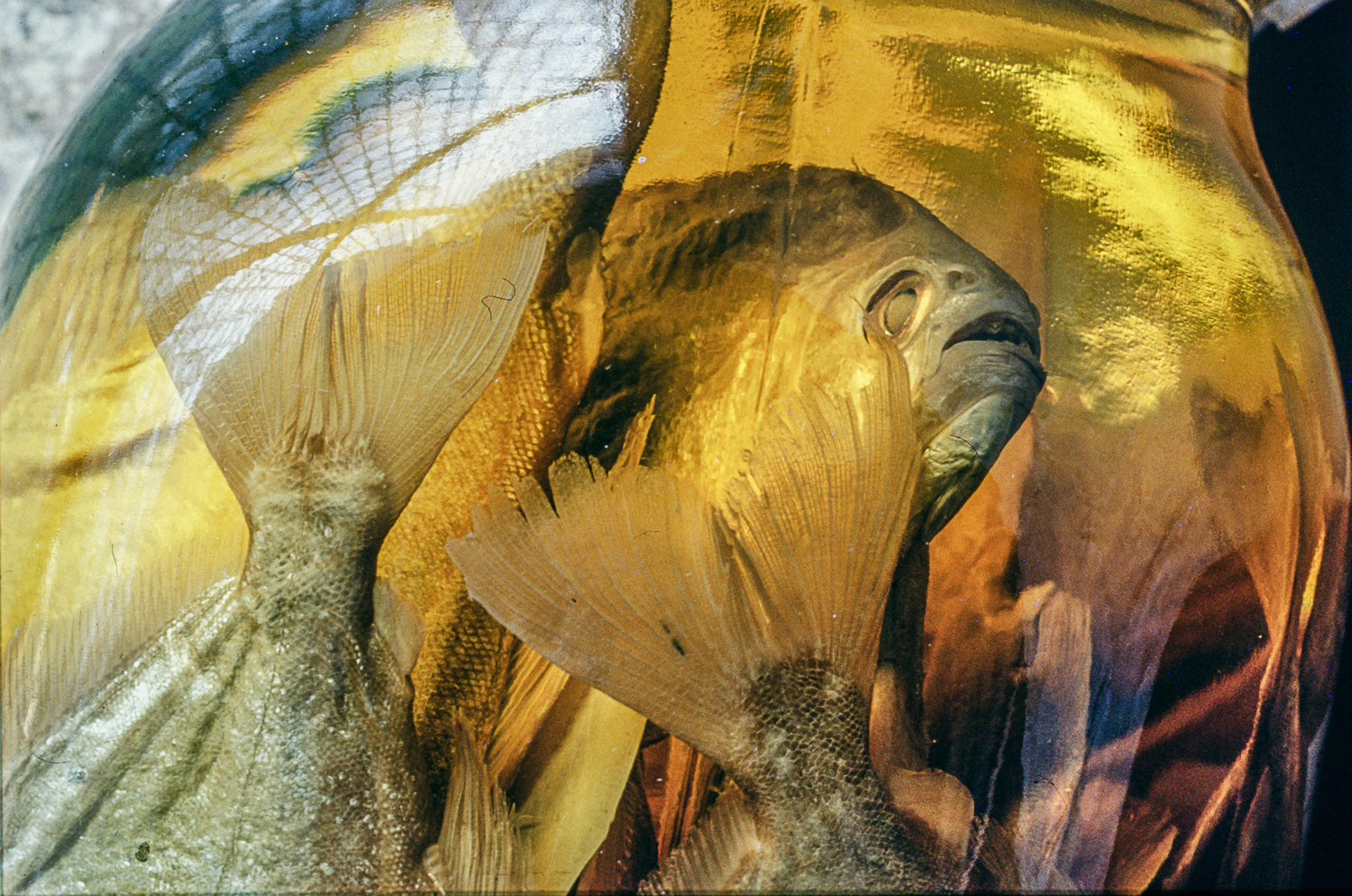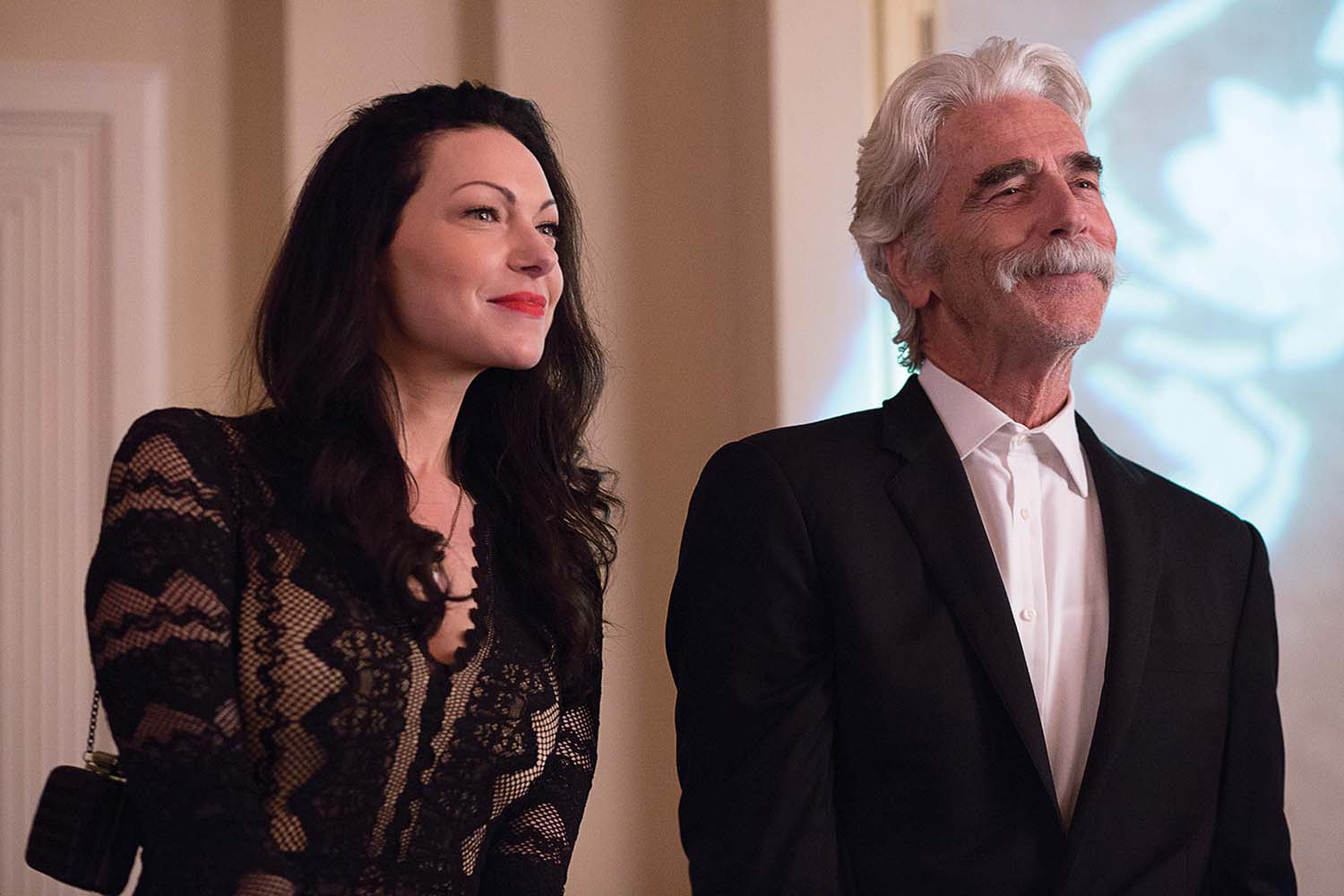
Gary Oldman as Winston Churchill in director Joe Wright’s bio-pic Darkest Hour.
Though only a mediocre student, the dreamy young freckle-faced lord discovered he loved literature. Sir Winston Leonard Spencer-Churchill taught himself to think like Cicero and other ancient philosopher orators. In time, the love of words made the man and saved a nation.
Darkest Hour is a compelling, focused look at how one brilliant wordsmith inspires the island of Britain in its “darkest hour” in WWII, when Hitler’s troops threaten to invade. It was directed by Joe Wright, whose Battle of Dunkirk in Atonement (2007) is one of the most enthralling scenes ever captured on film. Though the film’s climax is the legendary evacuation at Dunkirk, it’s seen only in fleeting long shots. This year’s other WWII film, the stirring Dunkirk (directed by Christopher Nolan, Interstellar 2014), oddly barely mentions Churchill. British audiences, of course, know the narrative of Dunkirk by heart, but Americans ideally should see both films to get a full view of the epic true tale.
The film stars the astonishing Gary Oldman, an actor of enormous range whose long career includes such diverse roles as Bram Stroker’s Dracula’s eponymous vampire (1992), Drexl the murderous dreadlocked pimp in True Romance (1993), heroes and antiheroes in countless period films (i.e. The Scarlet Letter), and the wizard Sirius Black in four Harry Potter films. Every day of the 60-plus-day shooting schedule for Darkest Hour, the lean, bony British actor endured almost three hours of makeup, designed by the celebrated Kazuhiro Tsuji (Hellboy, 2004), to be transformed into the short, pudgy, nearly bald, cigar-chomping “English Bulldog.” (Oldman is the front runner for the Best Actor Oscar.)
Though heavily researched by writer Anthony McCarten (the Stephen Hawking biopic Theory of Everything, 2014), the film is actually historical fiction, fantasizing facts to improve dramatic impact. Yet it is extraordinarily true to its essence. You’ll leave the theater stunned — not only by what the British accomplished in WWII, but also longing for leaders whose words touch the hearts of their citizens.
At age 65 — 32 years after his marriage to socialite Clementine Hozier (Kristen Scott Thomas), 25 years after he was blamed for the horrendous WWI Gallipoli disaster in Turkey, and 13 years before he won the Nobel Prize for Literature — Sir Winston Leonard Spencer-Churchill is appointed Prime Minister of the United Kingdom.
Though he’s been a politician off and on for decades, when he wasn’t serving in the military or working as a foreign correspondent or writing books, Churchill is not a popular choice. He had failed to support women’s suffrage (finally accomplished in 1928) and the independence of India (not until 1947). Even though he was considered one of the founders of the country’s welfare state — 1908 to 1911, when he was in the Liberal Party — in private, he is an insufferable elitist.
Nevertheless, in May 1940, when no one else wanted the job, Churchill, now a Conservative, becomes the nation’s civilian leader. He replaces the cancer-ridden Neville Chamberlain (Ronald Pickup), who has erroneously not prepared the nation for war, thinking, as so many others did, that Hitler could not possibly be as malevolent as his critics complained.
Winston’s emotionality, never tempered, horrified the stiff-upper-lip British aristocracy. King George VI (Ben Mendelsohn), who stutters terribly, is a most reluctant monarch, taking the throne only because his brother has abdicated to marry his divorced American lover Wallis Simpson. George wanted his friend, Viscount Lord Halifax (Stephen Dillane), the current Foreign Minister, to be named Prime Minister. In the movie, when the king meets Churchill and offers the new Prime Minister his limp outstretched hand to kiss, he wipes it off on the back of his gold-fringed jacket.
Churchill, who had learned much about human nature from his reading and various military misadventures, including being a POW in the Second Boer War (1899), railed for years against Hitler. He has no qualms about opposing Chamberlain’s policy of appeasement. “You can not reason with a tiger,” he roars, “when your head is in its mouth!”
Assisted by his able though often terrified typist, Elizabeth Layton (Lily James), Churchill laboriously writes his communications, wrangling over every word. In his famous speech in the chamber of the House of Commons, his oratory elevates him to the heights he knew he’d been born to reach. “We shall defend our island, whatever the cost may be,” he declares. “We shall fight on the beaches, we shall fight on the landing grounds, we shall fight in the fields and in the streets, we shall fight in the hills … we shall never surrender!”
The applause is thunderous. Shaking his head in disbelief, Viscount Halifax predicts, “Churchill just mobilized the English language and sent it into battle.”
Churchill’s greatest fears are at hand. Most of Europe has been overrun by the “odious operations of Nazi rule.” Soon France will fall, trapping most of the Allied fighters on the unprotected beaches at Dunkirk. Hampered legally, U.S. President Franklin Delano Roosevelt (in a phone call that will make Americans cringe) fails to help.
Against the greatest evil in history, Britain is on its own. Unlike Germany, England is a nation loved by the sea. It is the sea, Churchill declares, that will turn the tide. He devises an almost otherworldly plan.
Civilian boat owners do what the military can’t. On a day that angels themselves seemed to send in clouds over the English Channel, thwarting the Luftwaffe pilots, 850 private boats sail from Ramsgate in England to Dunkirk in France, and rescue more than 330,000 British and French soldiers. Churchill and “The Little Ships of Dunkirk” have pulled off “The Miracle at Dunkirk.”
Five years later, Britain and its Allies declare victory in Europe.
Darkest Hour
Quick Take: Master orator Winston Churchill defies Nazi threats, political conspiracies, and his own demons to lead the British people to victory in World War II.
Players: Gary Oldman, Kristin Scott Thomas, Lily James, Stephen Dillane, Ronald Pickup, Ben Mendelsohn.
Director: Joe Wright (Atonement, 2007); (Pride and Prejudice, 2005).
Rated PG-13 for some thematic material.
Showing in February at Flat Rock Cinema. Visit www.flatrockcinema.com for exact dates, times, and admission. 2700-D Greenville Hwy., Flat Rock, 828-697-2463.



